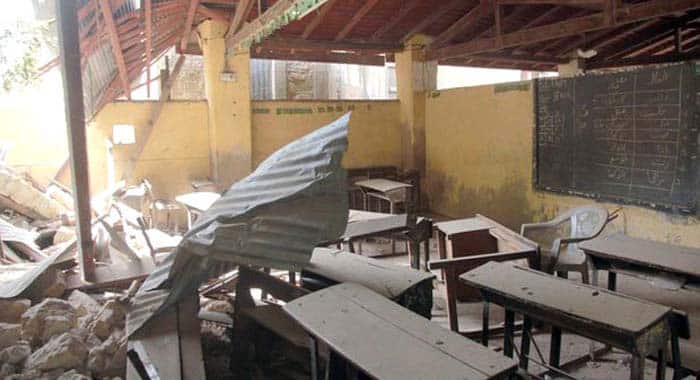For more than two decades, terrorists have waged a ruthless campaign against education in Khyber Pakhtunkhwa, destroying hundreds of schools particularly girls’ institutions in an ideological war designed to cripple the province’s progress and keep future generations in darkness. Official data confirms that the systematic targeting of schools has deprived thousands of children of their basic right to learning, exposing the scale of the militants’ education-hostile agenda.
The Education Department and security officials report that Swat remains the worst-affected district, with over 400 schools most of them for girls blown up or badly damaged. In North Waziristan, more than 150 schools were destroyed, largely between 2010 and 2014, while South Waziristan witnessed nearly 100 schools reduced to rubble as terrorists branded education a “Western conspiracy.”
In Mohmand, more than 70 schools were attacked, especially in Safi and Baizai tehsils, while Bajaur saw over 60 schools destroyed, again targeting girls’ education. The districts of Khyber, Orakzai, and Kurram also witnessed dozens of such attacks, and in Dir, Bannu, Tank, Kohat, Hangu, and other parts of the province, 10 to 30 schools per district were deliberately hit by militants.
Analysts stress that these were not random acts of violence but part of a calculated ideological war: terrorists explicitly viewed modern education as a threat to their extremist agenda, particularly the empowerment of women through schooling. Their rhetoric mirrored the Taliban in Afghanistan, who continue to ban girls from classrooms, showing a shared hostility to knowledge, progress, and human rights.
Critics note that at various times, political and military leaders in Pakistan including Maulana Fazlur Rehman, Imran Khan, and former ISI chief Faiz Hameed advocated talks with the Taliban. In some cases, Afghan Taliban advances were publicly hailed as “Islamic victories,” raising concerns that such endorsements indirectly legitimized education-hostile groups and emboldened their attacks on Pakistani soil.
The destruction of schools has had devastating consequences: thousands of children were pushed out of classrooms, entire communities were left without access to education, and the province’s already fragile literacy indicators suffered further setbacks. Educationists and security experts agree that the assault on schools was not merely an attack on infrastructure but a direct strike at Pakistan’s future a deliberate attempt to weaken the state by denying its youth the tools of empowerment.
Counter-terrorism officials maintain that eliminating such groups is not just a matter of law and order but essential for safeguarding Pakistan’s social fabric and future development. The war on education, they warn, is central to terrorists’ long-term strategy of keeping societies trapped in ignorance and fear.





